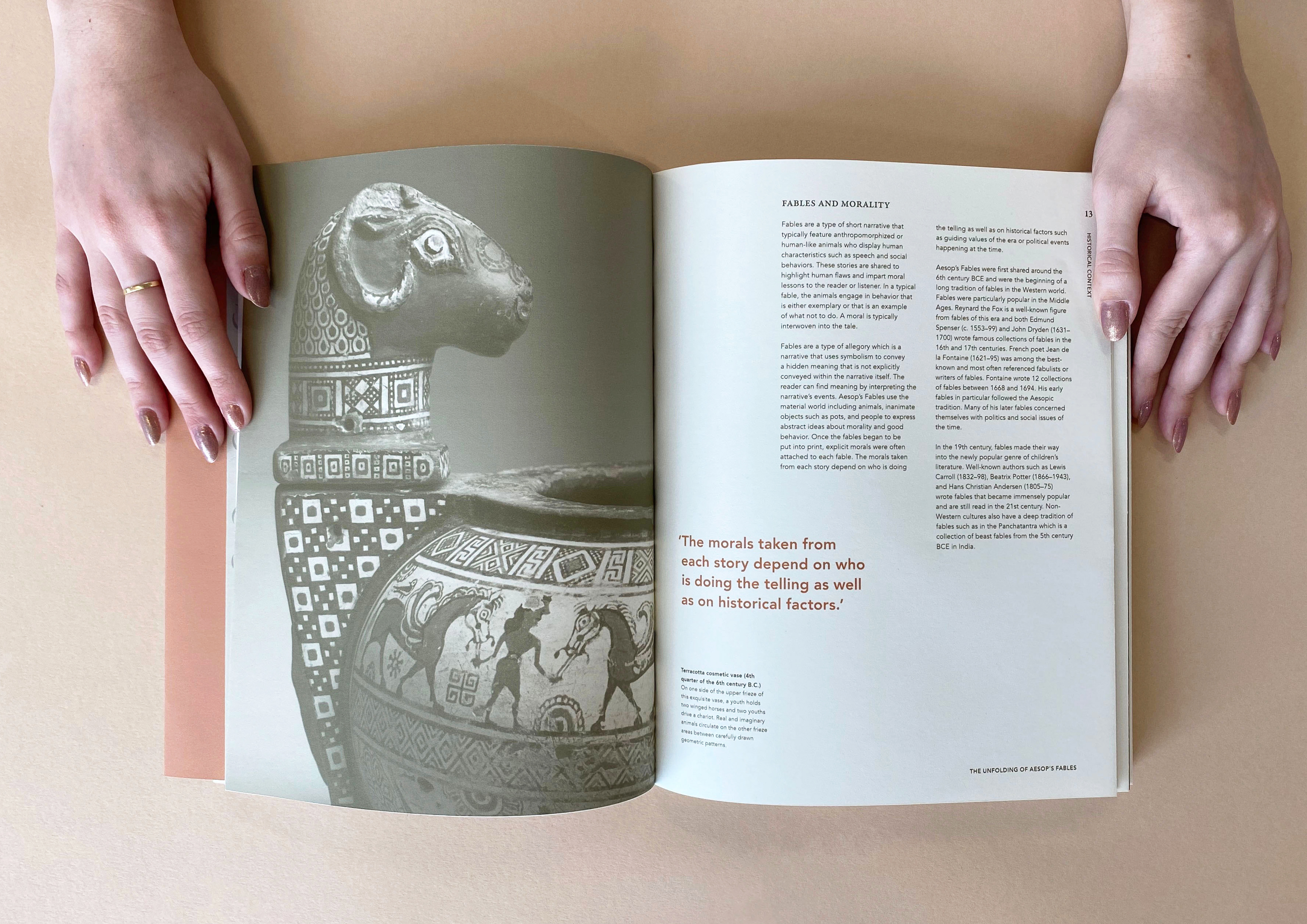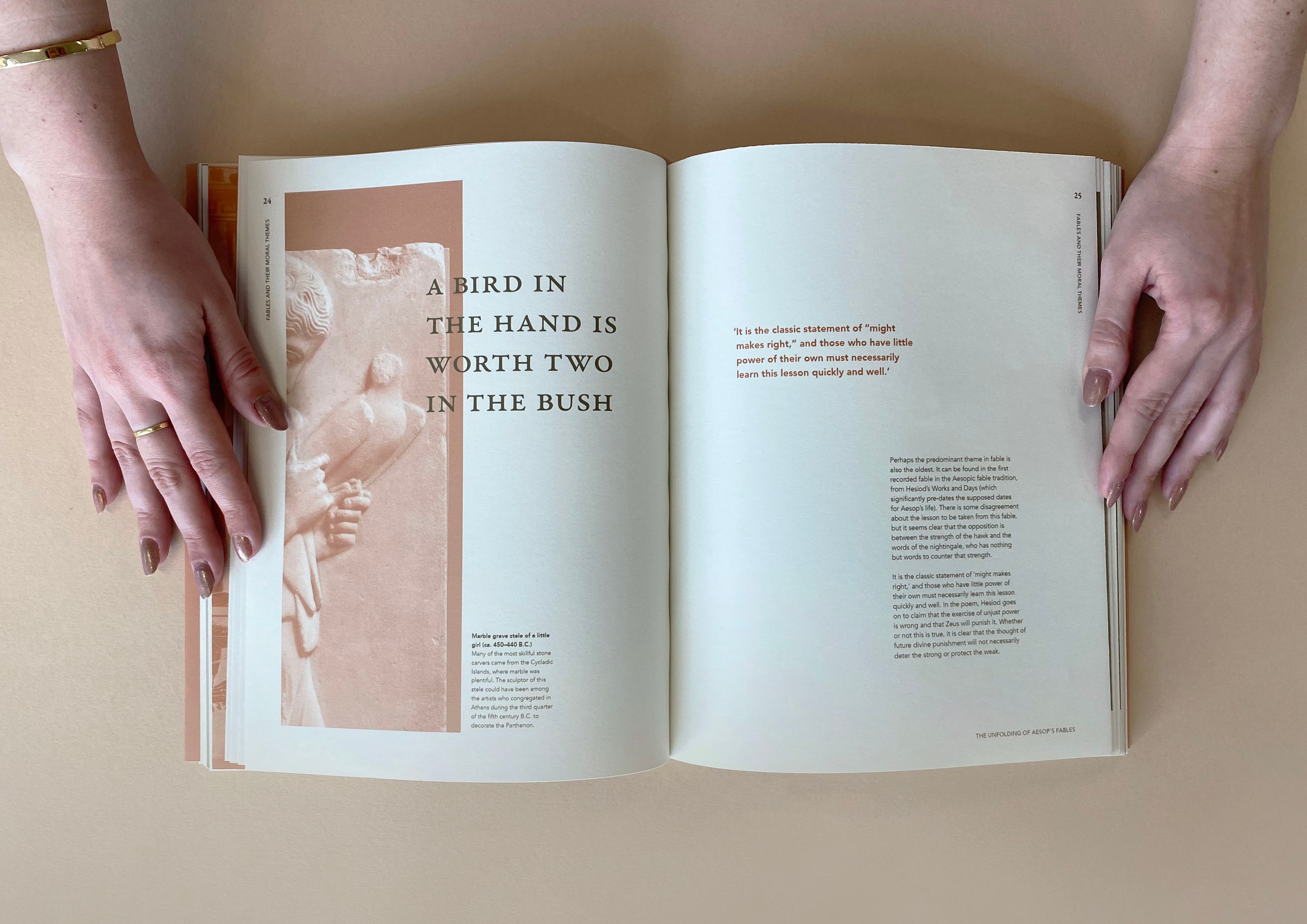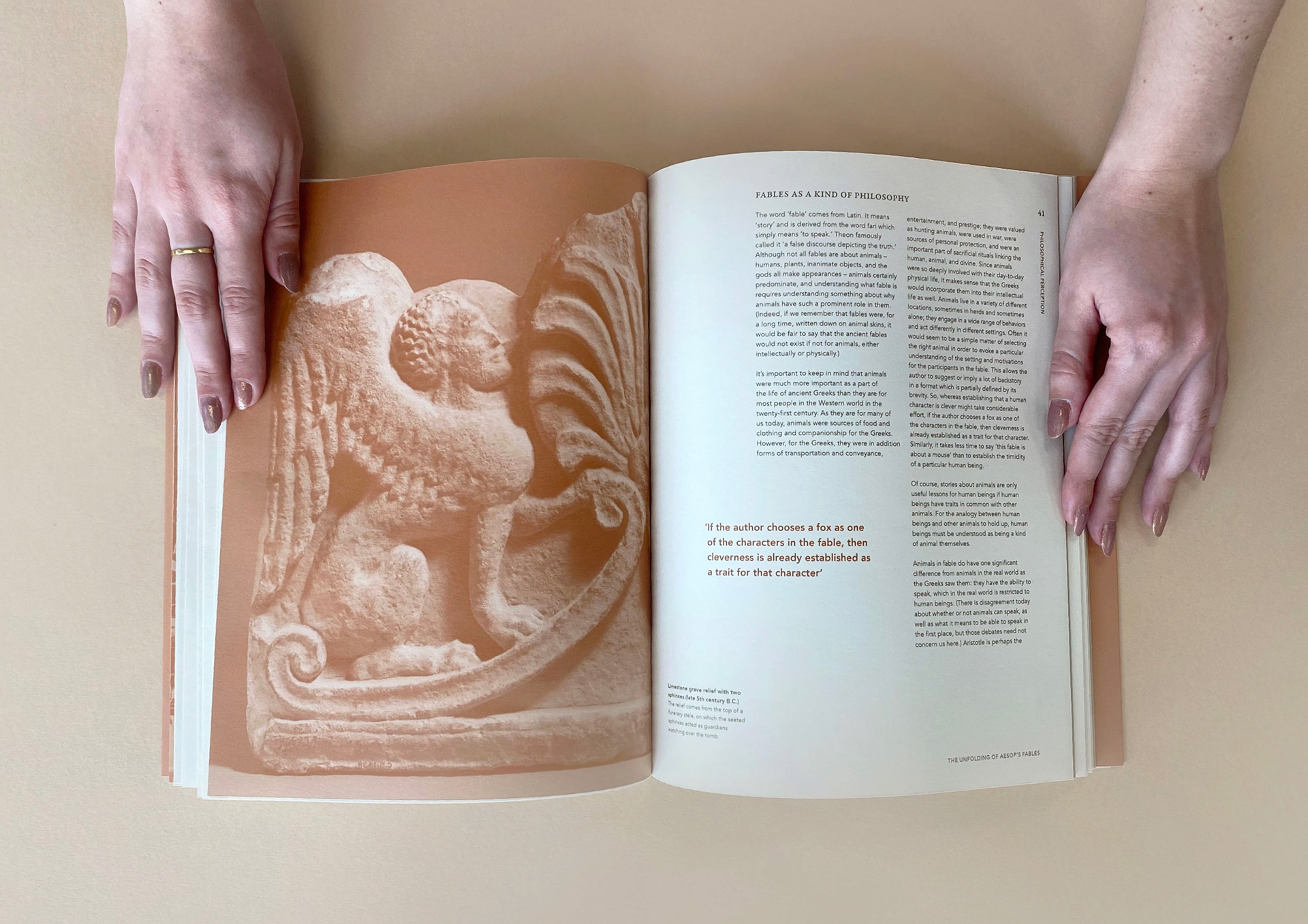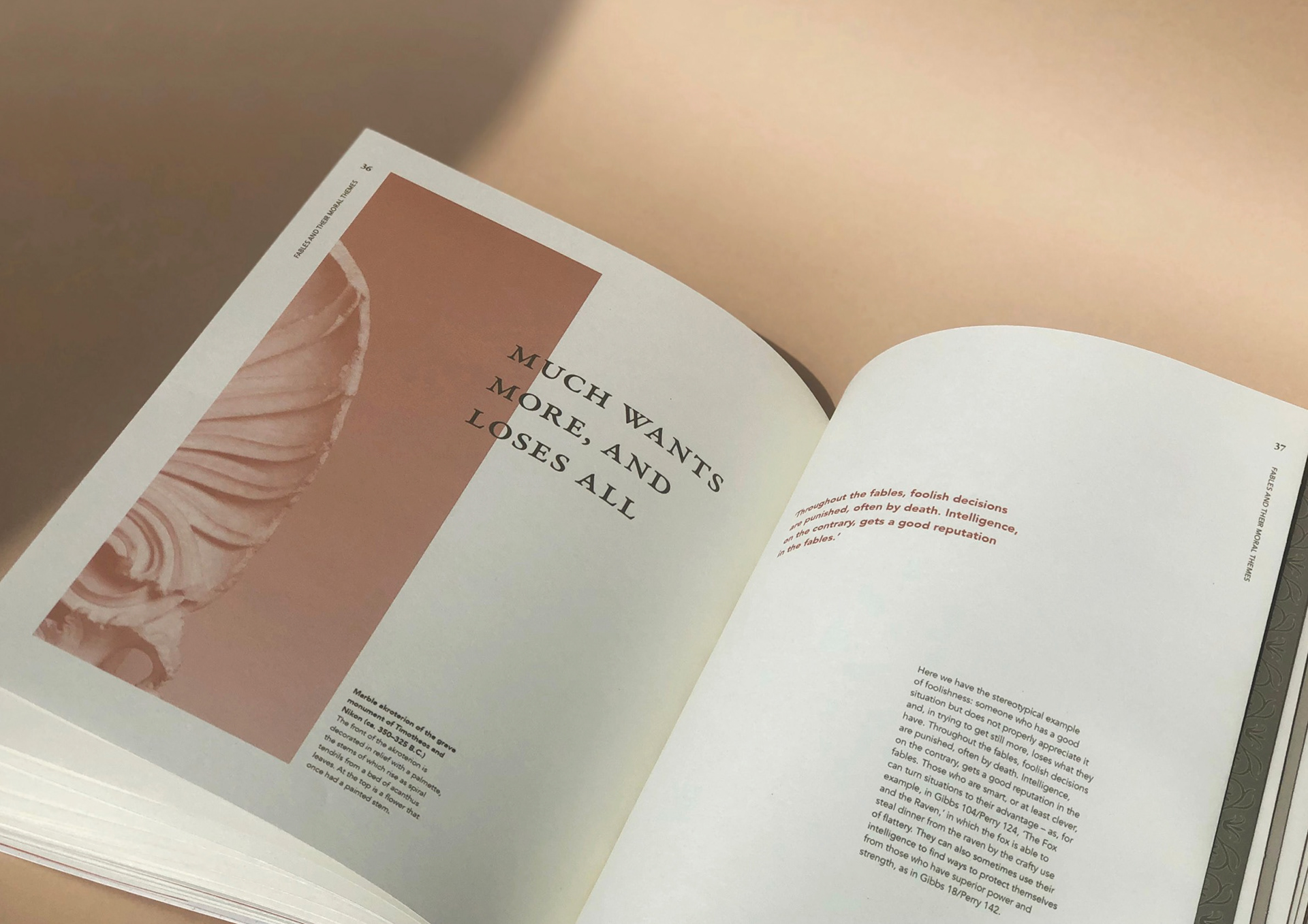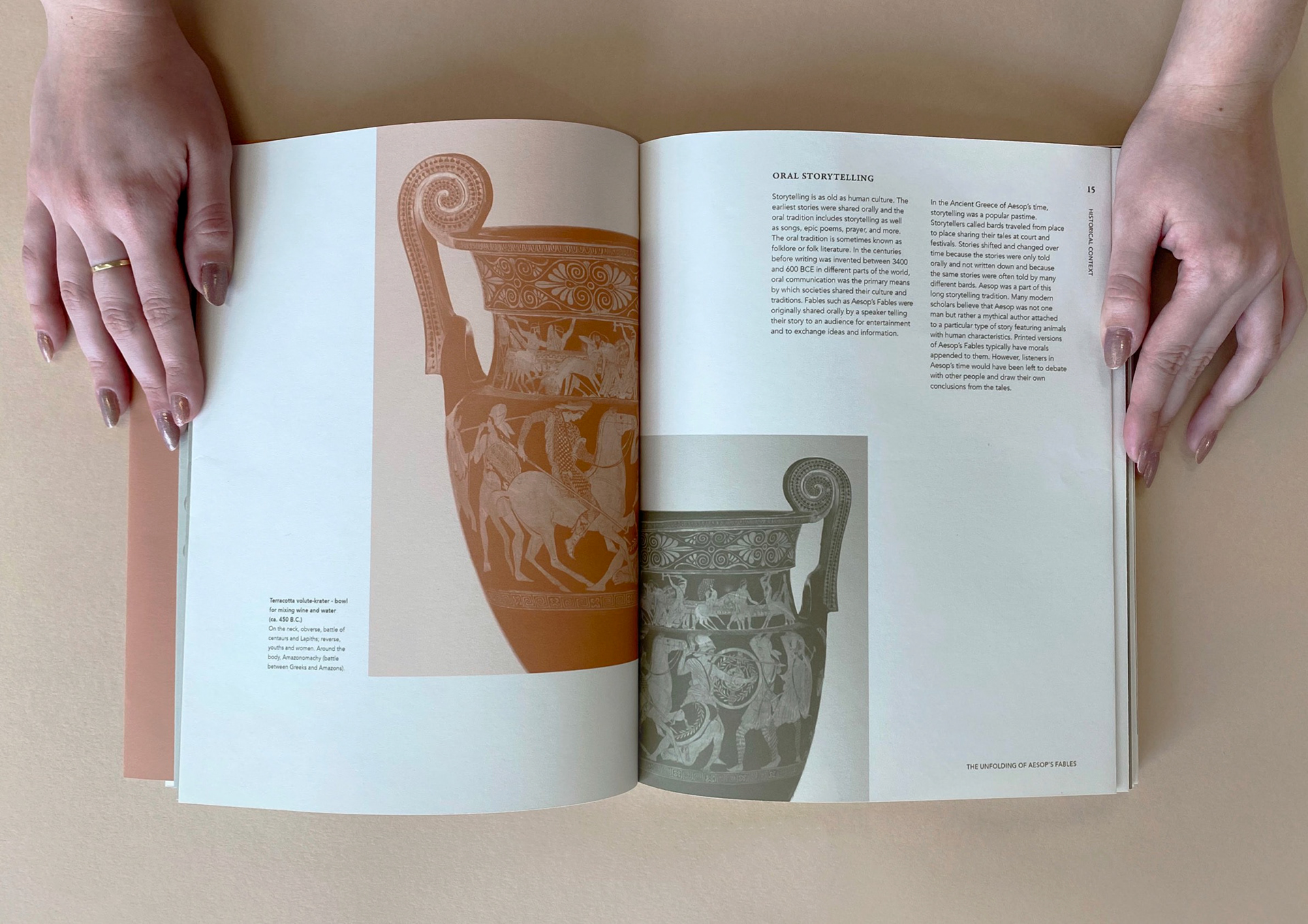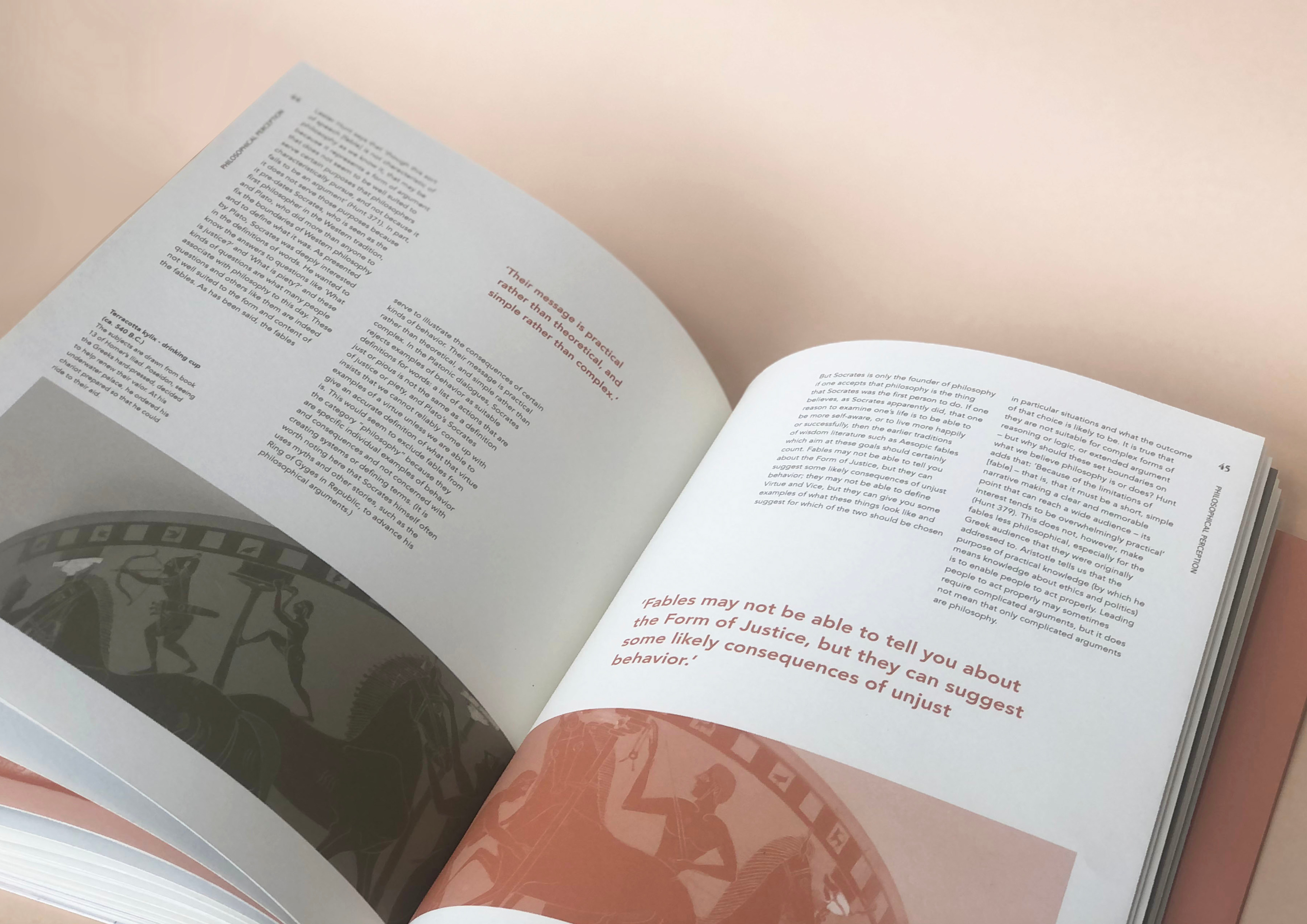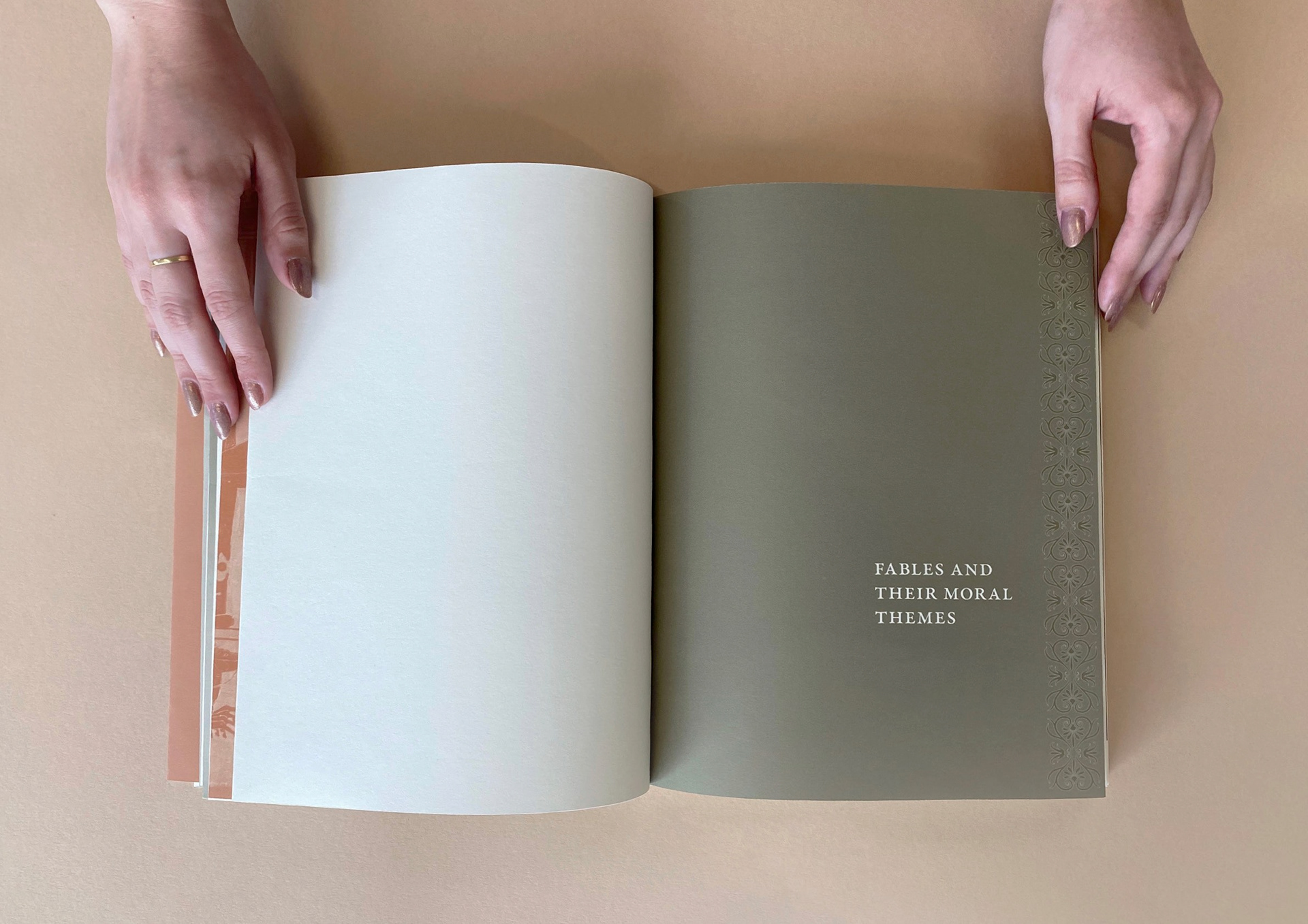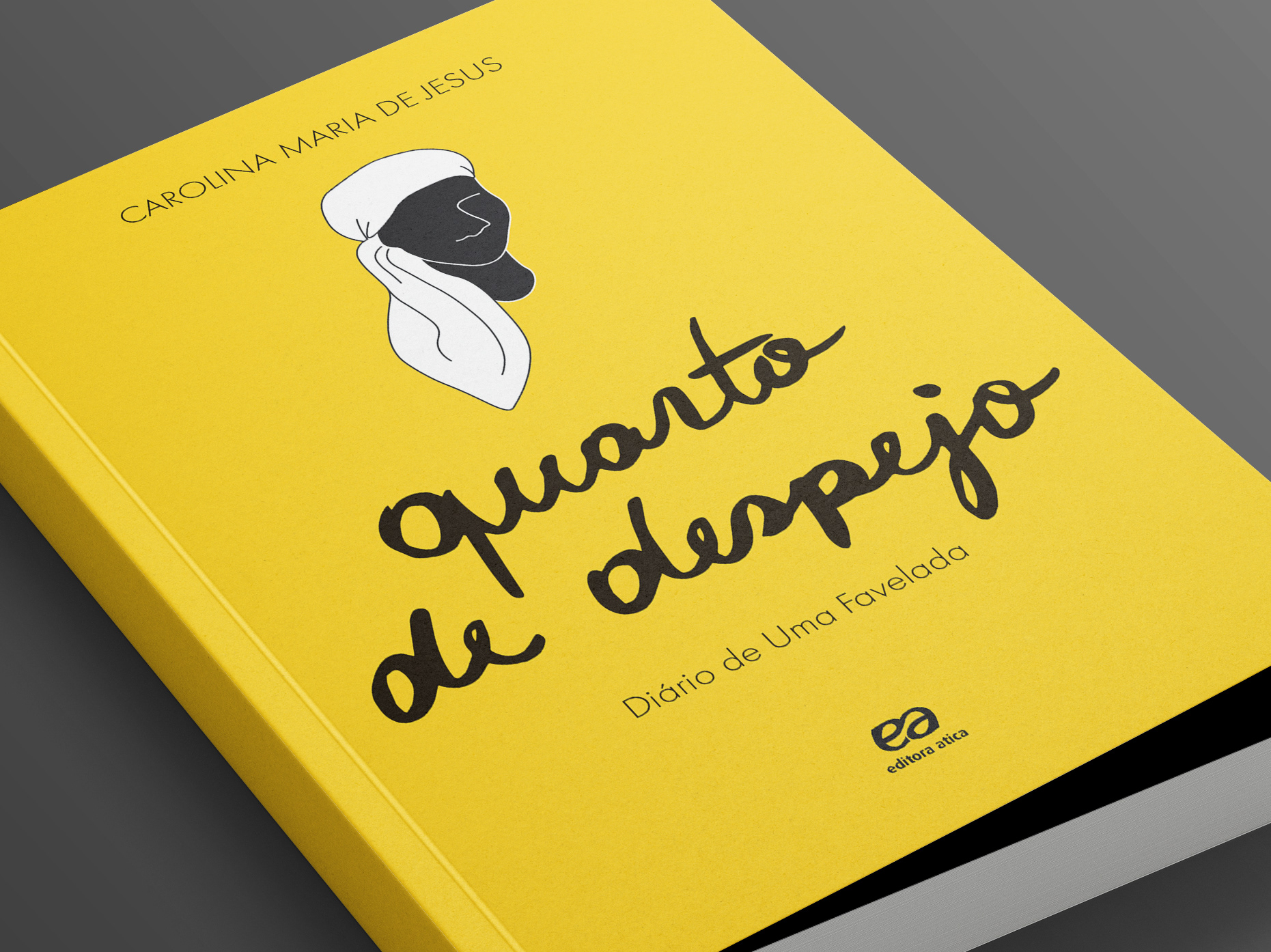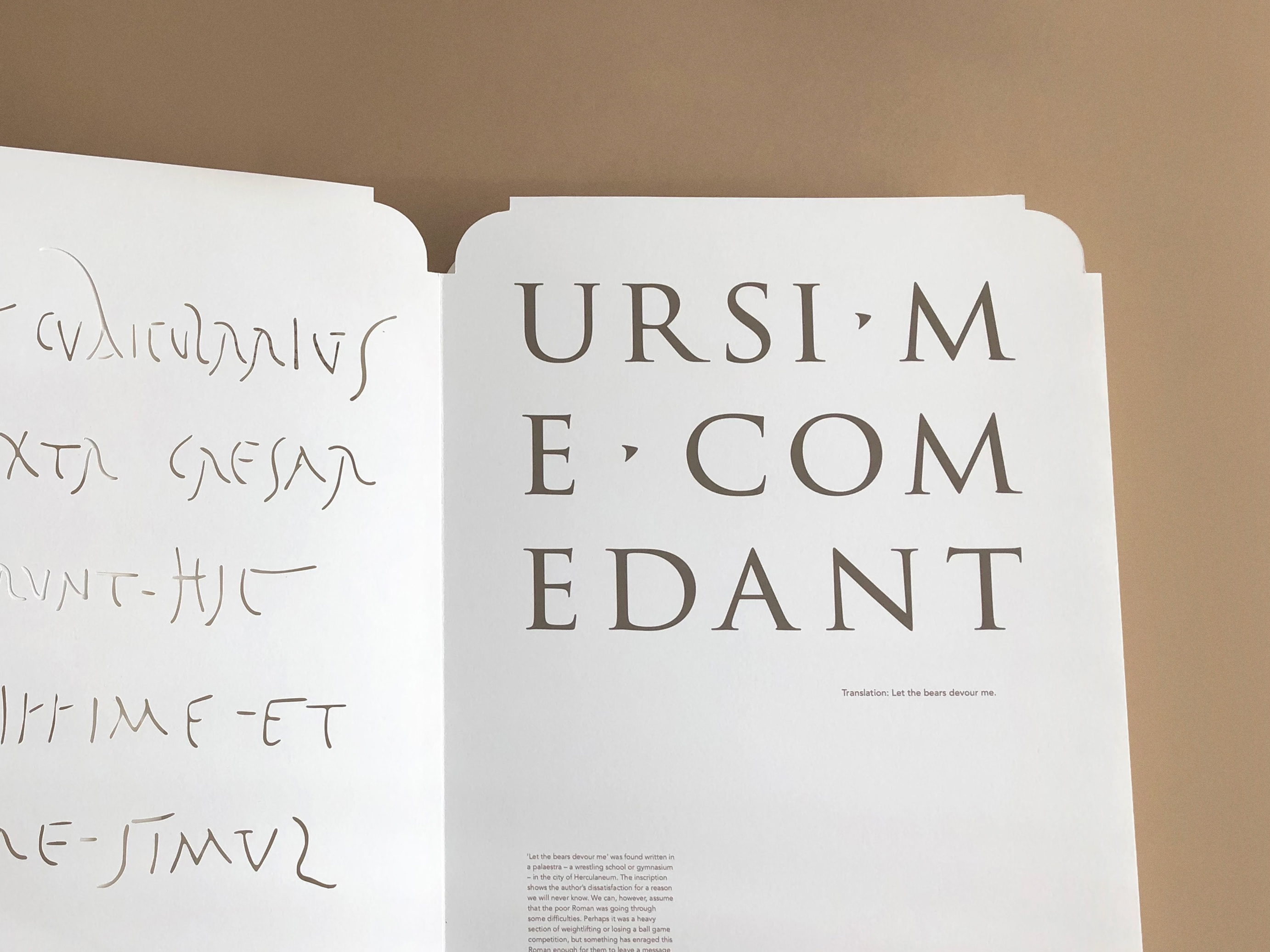The brief of this project asked us to analyse and explore the power and impact of a chosen book; a piece of literature that helped shape our world views in social, political, cultural, technological or economics. The book I have chosen has impacted all the areas cited. Aesop’s Fables are short, straightforward, and timeless stories; it presents universal truths and aims to teach moral lessons.
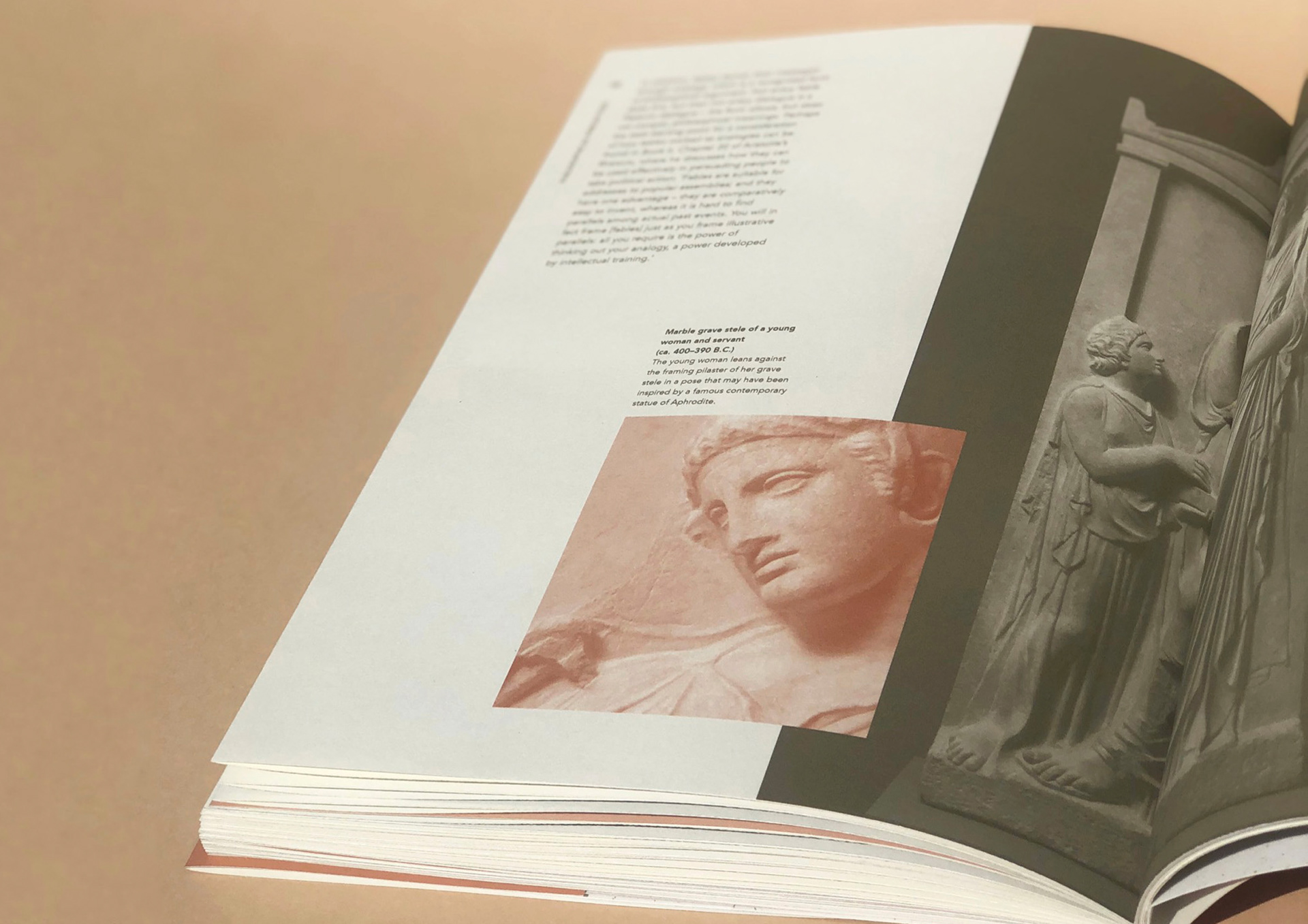
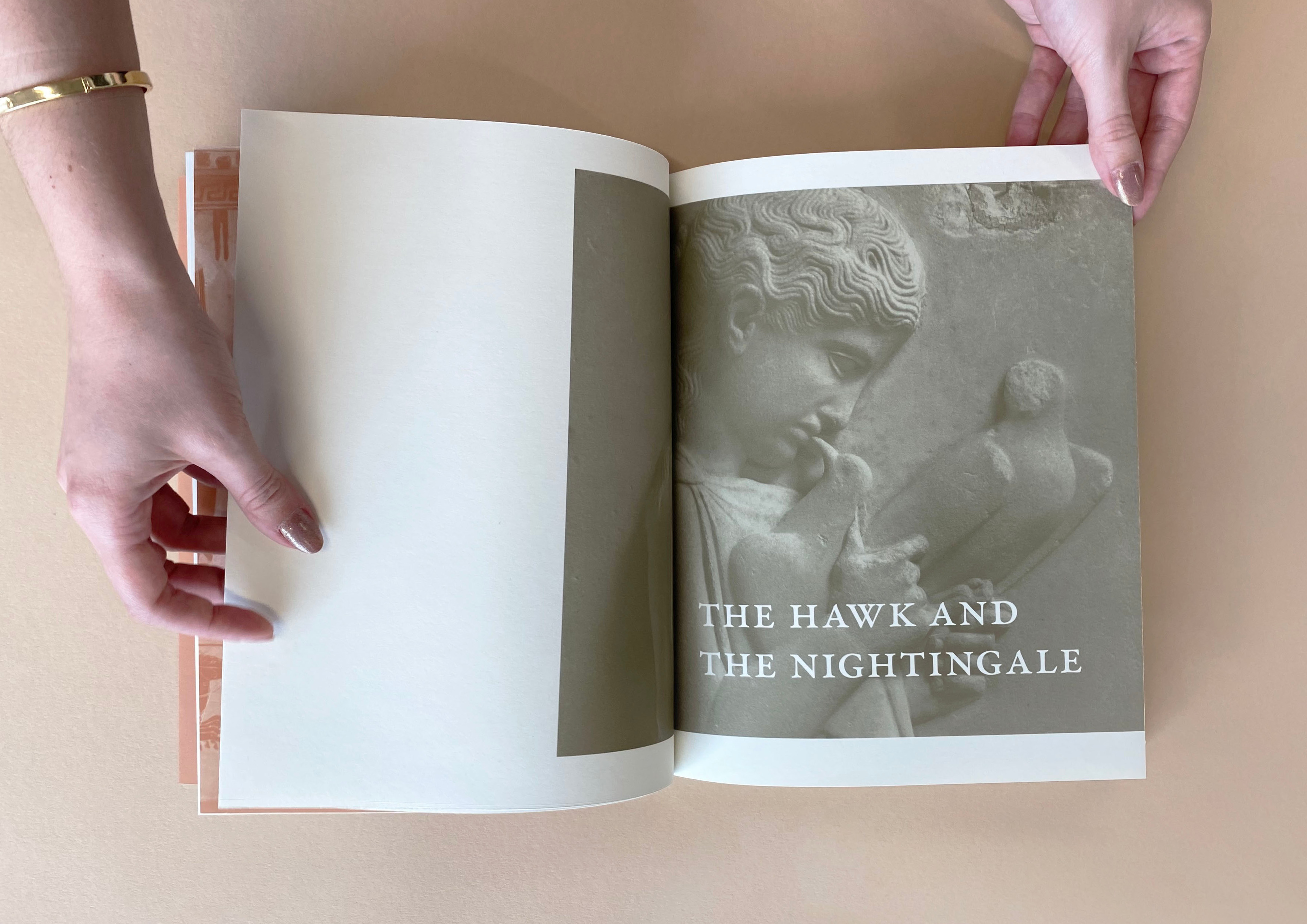
When researching about the origins of the fables I have discovered that the pieces have been adapted according to the different times and places throughout the centuries. The influences around it have affected the way the fables are perceived. At present, the fables are commonly introduced to a younger audience in the format of children’s books, TV programs and music. However, the intention of this project is to discuss the relevant themes to the adult audience, as originally intended by the author of the fables. The target audience has a previous understanding of the fables and a basic knowledge of philosophy; nonetheless, the publication was structured and worded so it could be easily understood by the general public.
This project explores the powerful narrative of Aesop’s Fables, how they shaped morality in their time and continue to influence our ways of living in society. The project became an analysis of the cultural and philosophical side of Aesop’s Fables; it celebrates the importance of the fables by bringing the forgotten historical context into discussion. The analysis is presented in the format of a book. It includes images of Greek sculptures, ceramics and ornaments that relate to the content of the fables and setting in which they were created. The objects displayed have informed the feel and look of the publication since they present rich narratives of the culture in Ancient Greece. From the typographical choices to the feel of the paper, the book invites the reader to immerse in the visual experience of these artistic qualities. By engaging with this publication, the reader can experience the context of the creation of the fables and the rise of philosophical thought in society.
